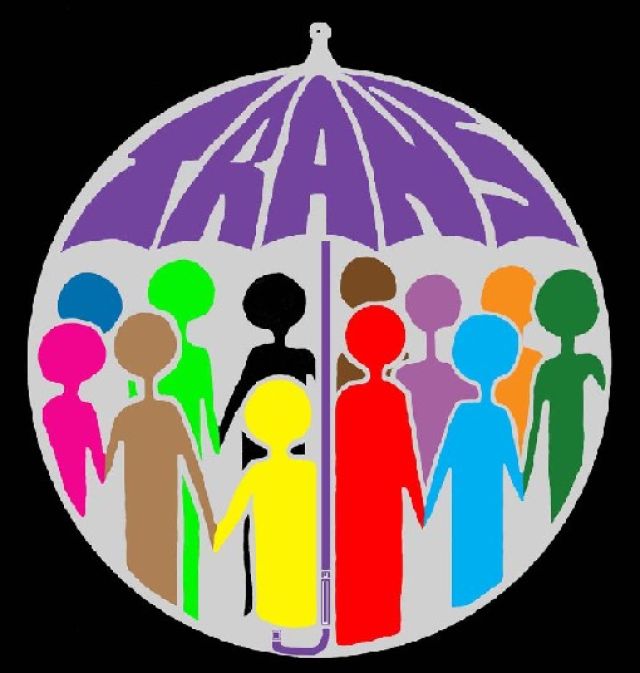
In early September, two transsexual men lost an appeal in Western Australia’s Supreme Court to be legally recognised as men. The negative ruling has consequences for other transsexual and transgender cases. The men are considering appealing to a higher body.
Gina Wilson, spokesperson for Organisation Intersex Internationale (OIS), told Green Left Weekly: “The two appellants underwent top surgery [mastectomies] and were on hormone replacement therapy — testosterone. They were living as men and accepted as men by society and friends.
“They wanted cardinal [primary] documents such as birth certificates to reflect their lived gender. They had not undertaken bottom surgery [hysterectomies]. All three judges agreed the two appellants’ lived sex roles were men. However, they decided they didn't have the anatomical requirements to qualify for the male role. The judges decided where the line between a man and woman lies.”
Evidence suggests that hysterectomies to reduce the female body’s sexual characteristics are dangerous.
In a September 9 Gay News Network article, appellant AH said: “As part of our case, we bought forth a large body of evidence regarding the risks associated with hysterectomy surgery including bleeding, incontinence, reduced sexual function and increased risk of other medical conditions including osteoporosis and heart disease.”
Wilson noted: “The judges said they were concerned at the case of transsexual men who came off hormones and had a baby — of which there were two cases in the United States, with transgender female to male Thomas Beattie being the most famous.
“This judgement means there is no longer gender recognition about gender roles.
“It is now about sex bits and parts. AH and HF were capable of having bottom surgery, but they did not want to. They hung onto too many female parts, said the judges.
“For intersex people, our bodies challenge the rigid gender binaries: if intersex people go to court over qualifying as a woman, for the pension at 63 (not 65 as when men are eligible), then this judgement will work against us. It legally qualifies what bits and parts make up a ‘real’ woman.
“We should be outraged at this judgement: it is policing of the human body. This WA judgement is sexist essentialism. But it is our body, our lives — we know if we are woman, man, or neither. If judges, or anyone, are curious, they should just ask.”